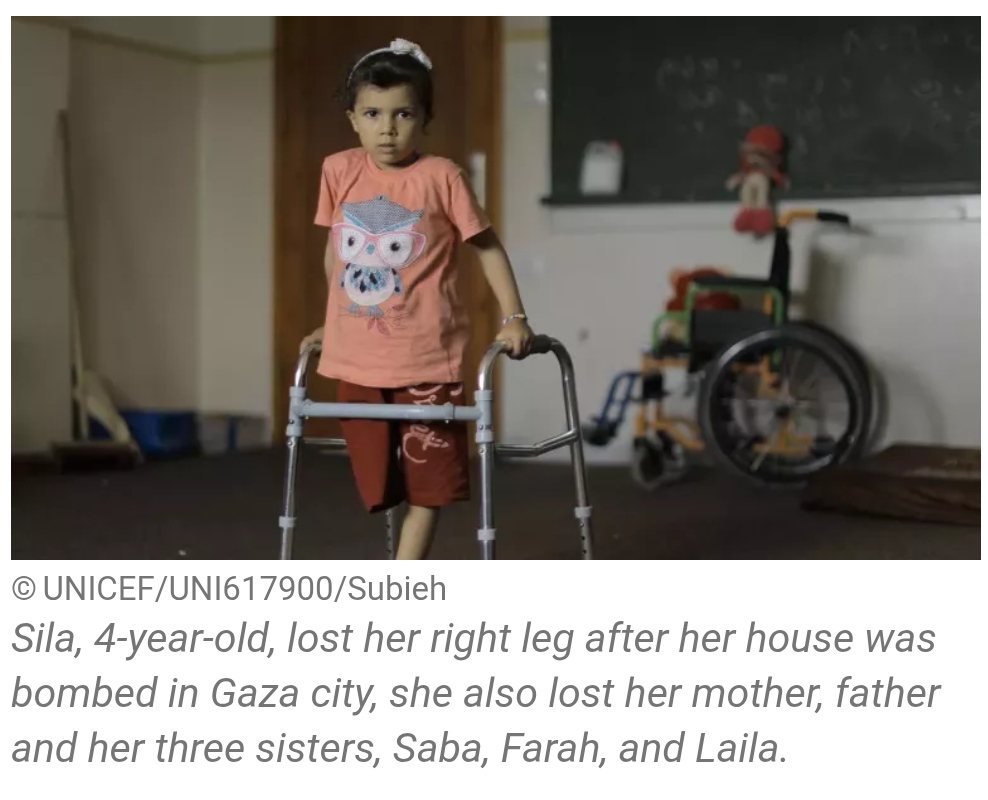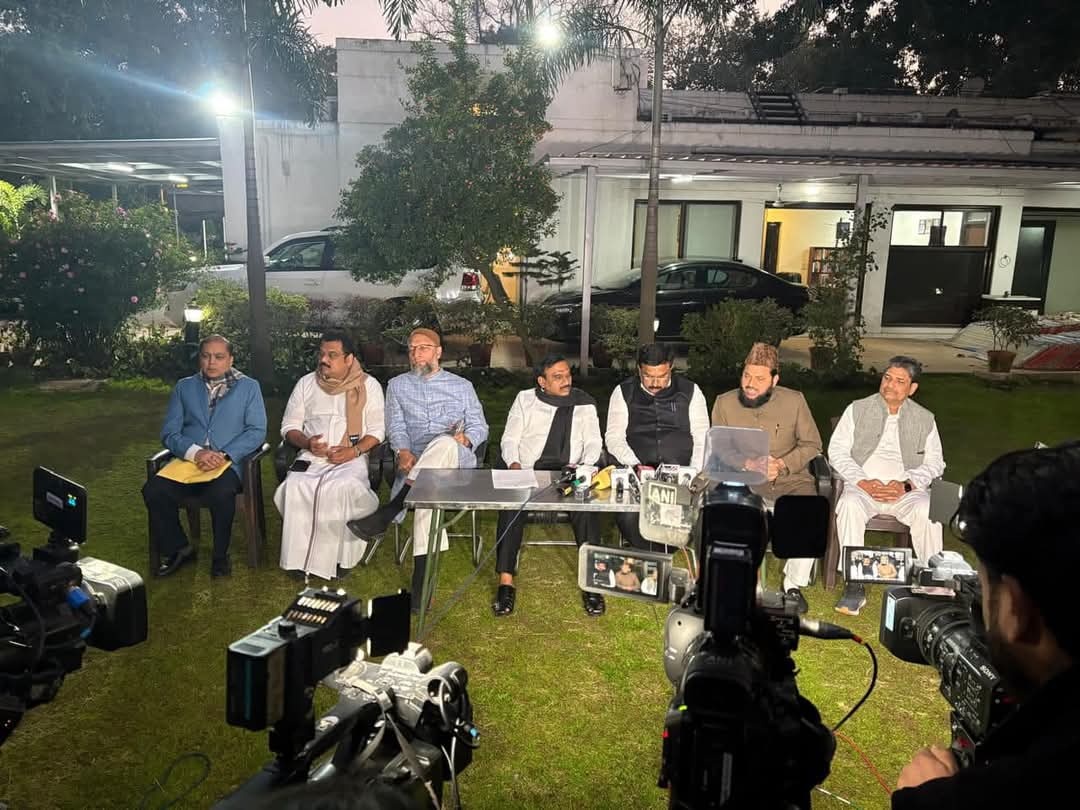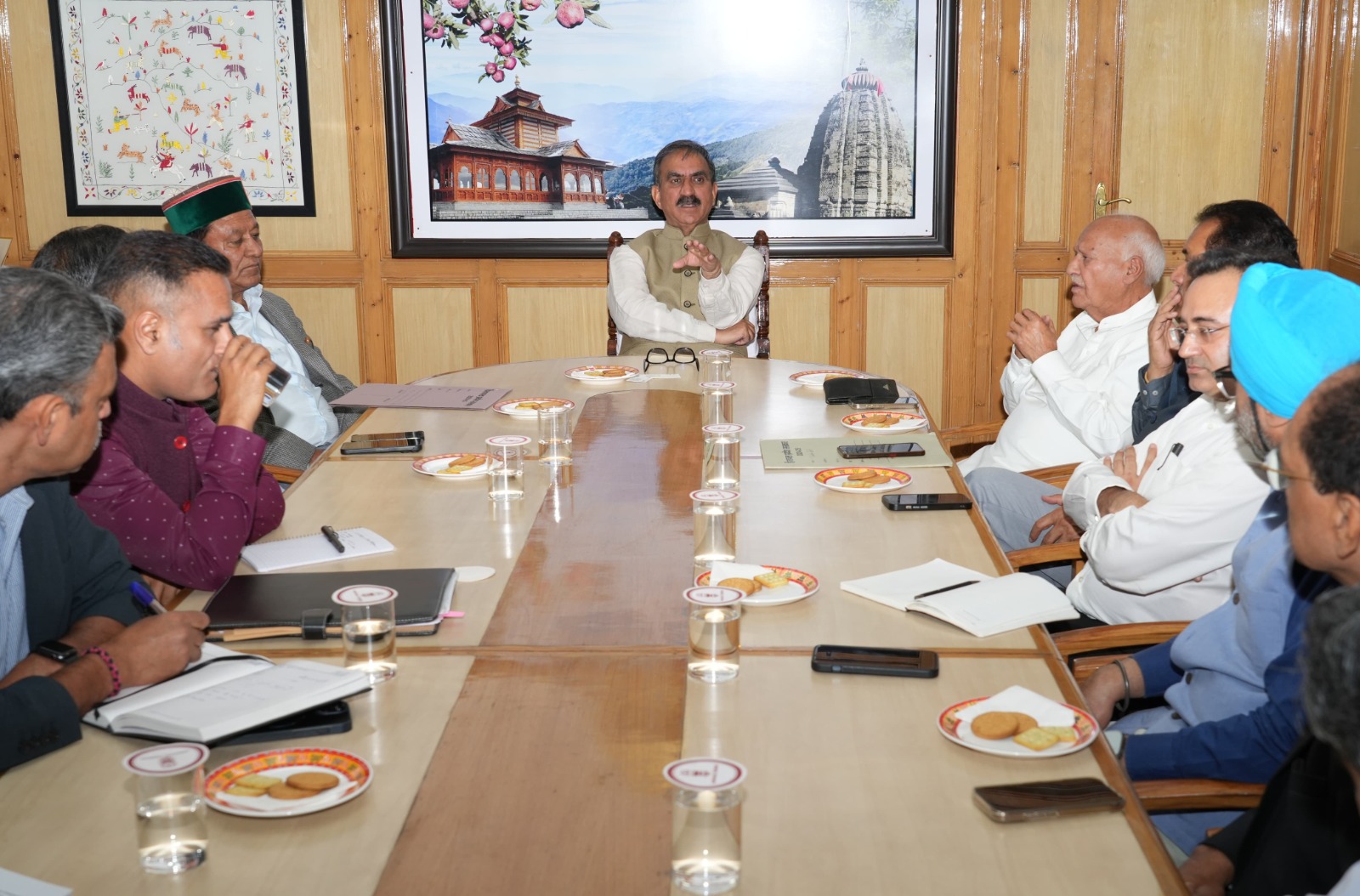UNICEF: “World is Failing to Protect Children from the Horrors of War,” Director Tells UN Security Council.
New York:
The world is failing in its most basic duty to protect children from the horrors of armed conflict, UNICEF warned in a powerful address delivered at the United Nations Security Council Open Debate on “Children and Armed Conflict” recently.
Sheema Sen Gupta, Director of Child Protection at UNICEF, described a harrowing global crisis in which children continue to suffer at unprecedented levels from violence, exploitation, and neglect during wartime. Her speech came on the heels of the UN Secretary-General’s latest annual report, which confirmed a record-breaking surge in grave violations against children in conflict—a 25% increase from 2023, making it the highest total since the agenda was first launched.
“Thousands of children killed and maimed. Thousands more recruited, abducted, raped, or denied humanitarian assistance,” Gupta said. “Each violation against children in every country around the globe represents a moral failure.”
Behind Every Number, a Child’s Story
Gupta humanized the statistics with wrenching personal accounts: a 14-year-old girl raped in front of her mother in Sudan, six boys killed in Nigeria after unknowingly handling unexploded ordnance, and a 4-year-old girl in Gaza who lost her leg and entire immediate family when her house was bombed.
“These are not just numbers. These are names, faces, and lives. Children who had hopes, dreams, and futures,” Gupta told the chamber, her voice resolute.
In 2024 alone, over 8,000 grave violations were verified in Israel and the State of Palestine, the highest number ever recorded in any country since the UN Monitoring and Reporting Mechanism was established two decades ago.
Two Alarming Global Trends
The UNICEF official highlighted two deeply troubling patterns:
- The increased use of explosive weapons in populated areas, now the leading cause of child casualties in conflict zones—responsible for more than 70% of child deaths and injuries.
- A dramatic rise in sexual violence against children, with verified cases increasing by 35% in 2024 alone.
In the Democratic Republic of the Congo, nearly 10,000 cases of rape and sexual violence were reported in just the first two months of 2025, 40% involving children. In Haiti, hundreds of children were victims of gang rape by armed groups. Similar violations were documented in Somalia, Mali, and elsewhere.
“To put it plainly: during this turbulent period, we estimated that a child was raped every thirty minutes,” Gupta stated.
A Flicker of Hope Amidst Devastation
Despite the bleak data, Gupta emphasized that progress is still possible. In 2024, more than 16,000 children were released from armed groups and received reintegration support. She cited positive developments in countries like Syria, Colombia, the Central African Republic, Iraq, and the Philippines, where governments and armed groups have taken steps to end violations.
“These examples remind us that where there is political will, progress is possible,” she said.
UNICEF’s Six-Point Call to Action
Gupta concluded with a clear and urgent call for global action, urging member states to:
- Demand compliance with international humanitarian law and end grave violations against children.
- Halt the use of explosive weapons in populated areas and support relevant international treaties.
- Protect and expand humanitarian access, noting that aid workers were killed in record numbers in 2024.
- Facilitate engagement with non-State armed groups to improve child protection and secure humanitarian access.
- Fund child protection efforts, as current budget cuts are crippling response capabilities.
- Hold all states accountable for how their support—military, financial, or political—is used in conflict.
“Children are not collateral damage. They are not soldiers. They are not bargaining chips. They are children,” she said passionately. “They deserve to be safe. They deserve justice. They deserve a future.”
“This Cannot Be the New Normal”
Gupta’s remarks serve as a stark reminder of the price children continue to pay in wars not of their making. As she appealed to the conscience of the Security Council, she warned that allowing such grave violations to go unchecked risks normalizing the abuse and destruction of young lives.
“Let us act with urgency. Let us act with courage. And above all, let us act with the conviction that every child, no matter where they are, deserves to live in peace.”
The Security Council’s response remains to be seen. But UNICEF’s message was clear: the global community must do more—urgently and decisively—to protect the most vulnerable in times of war.



